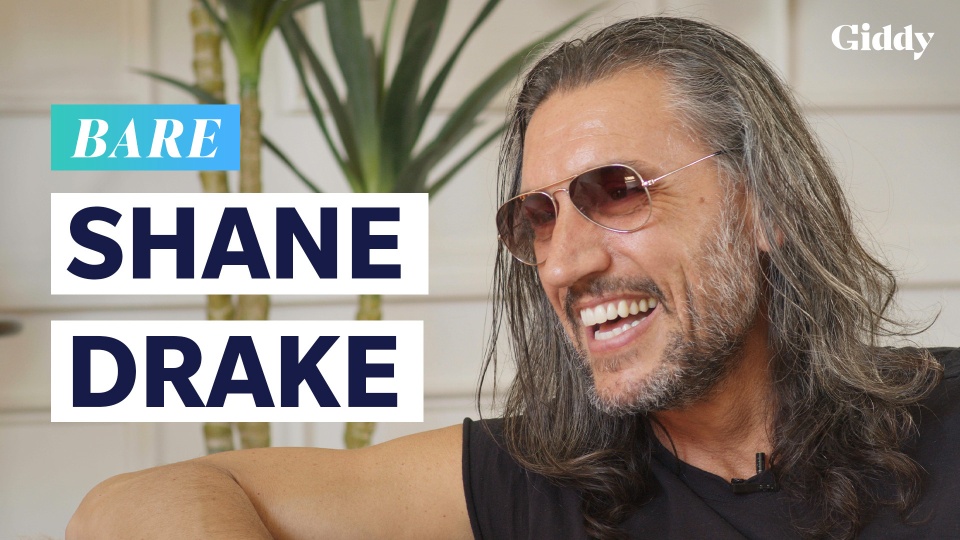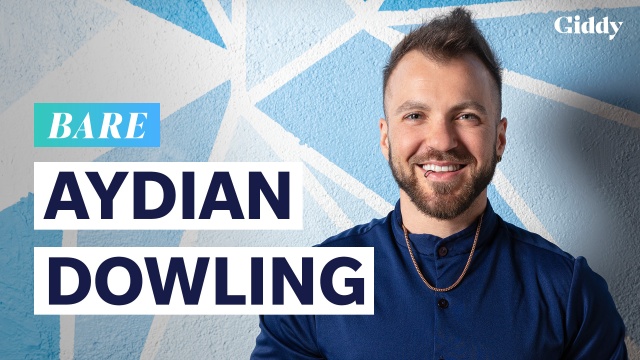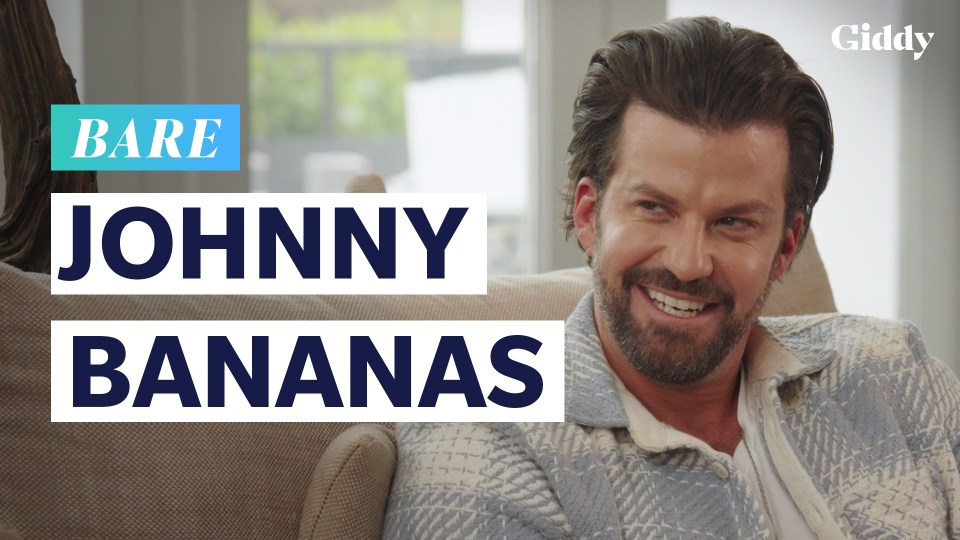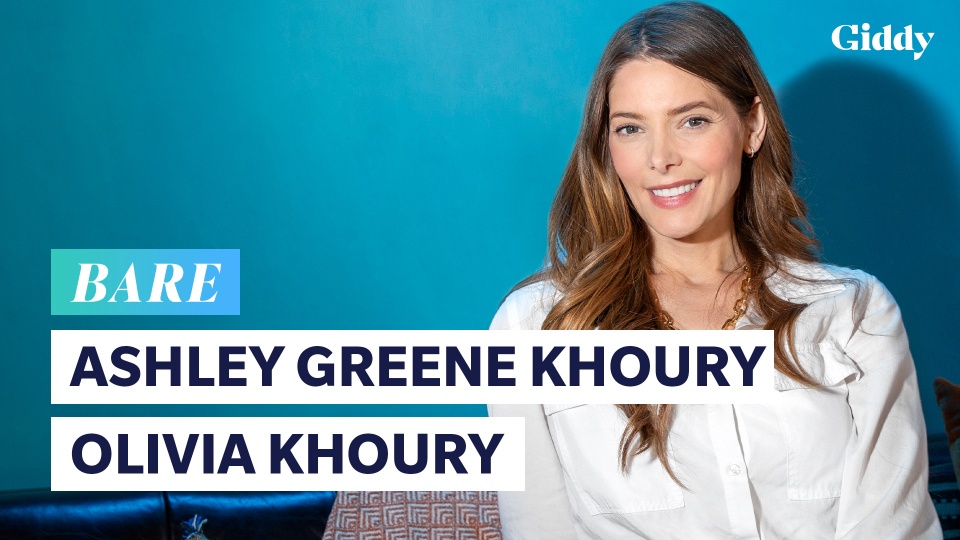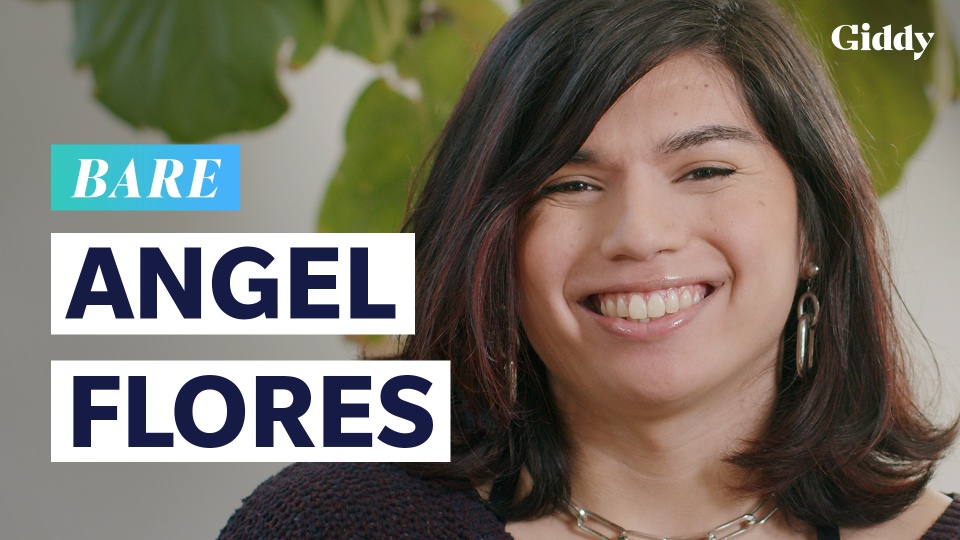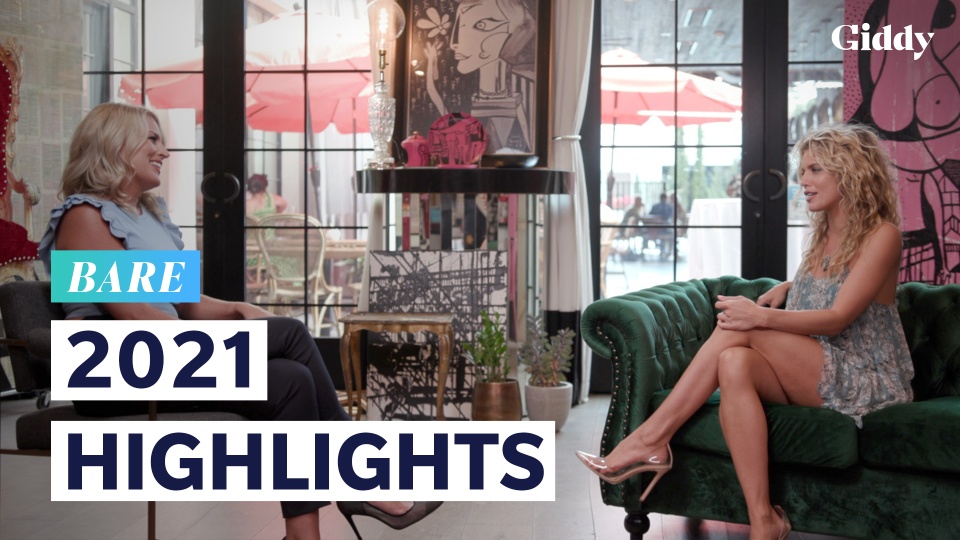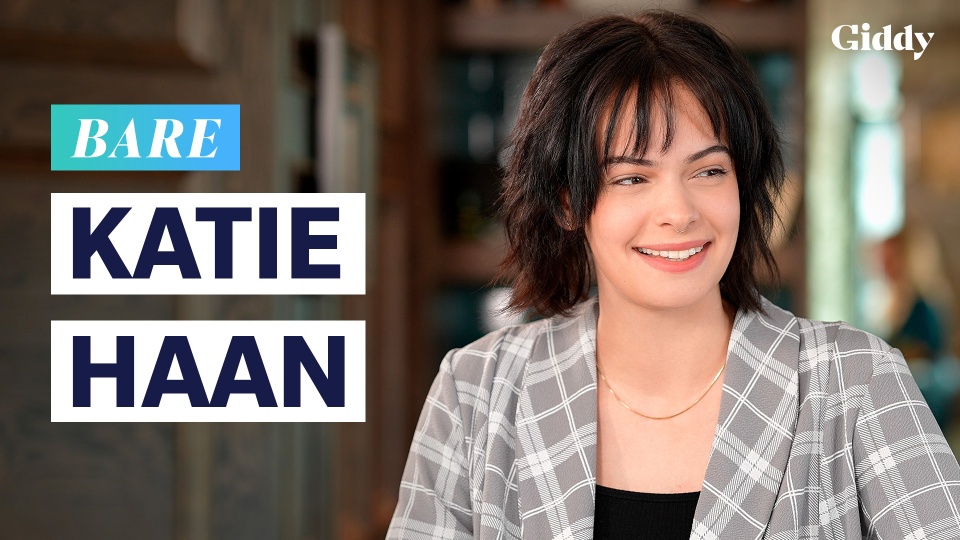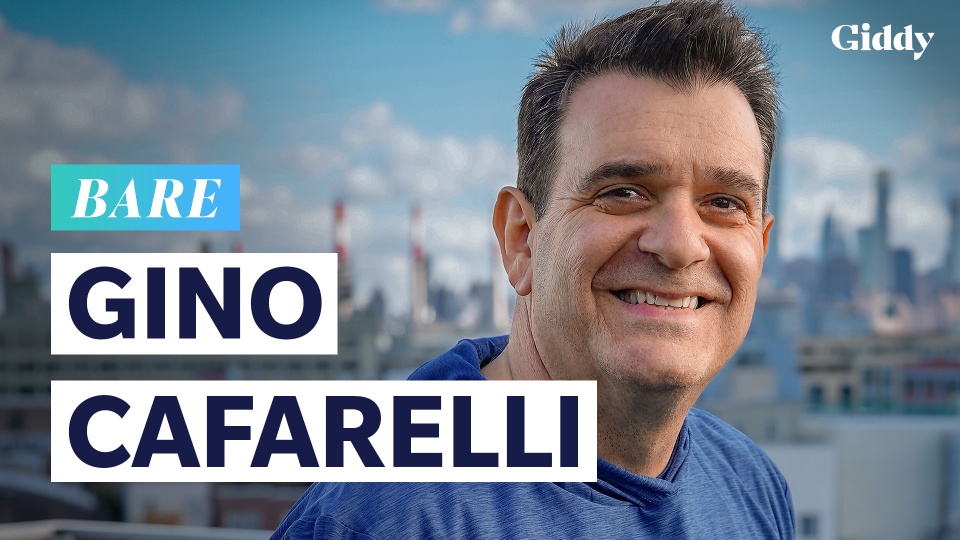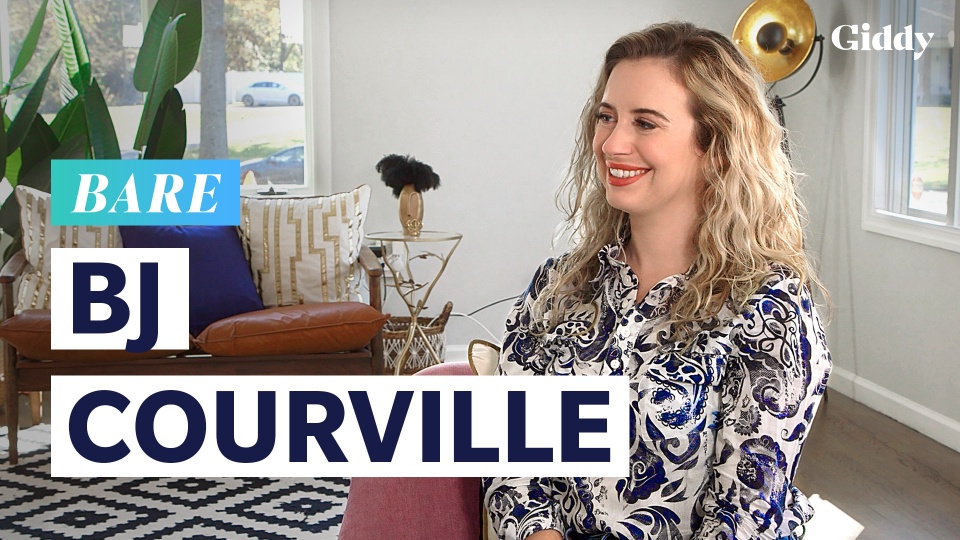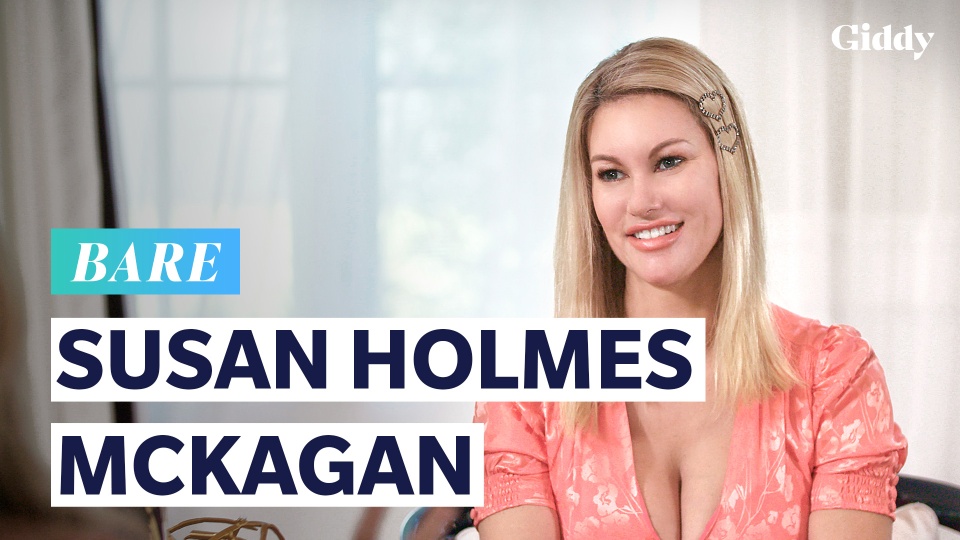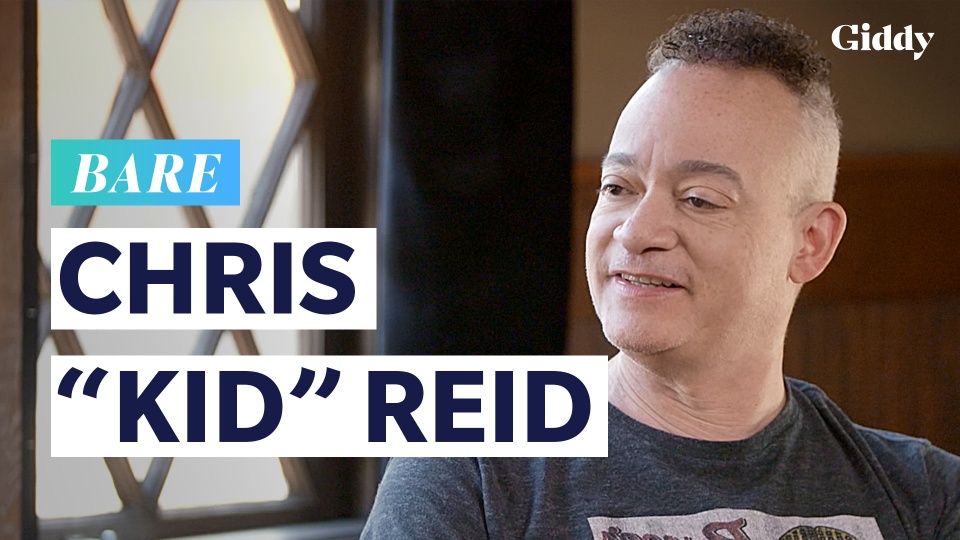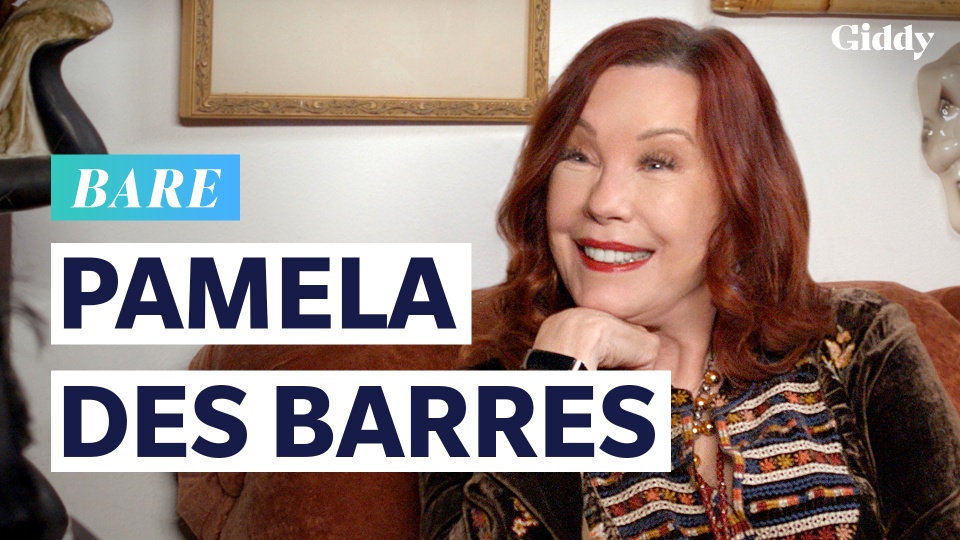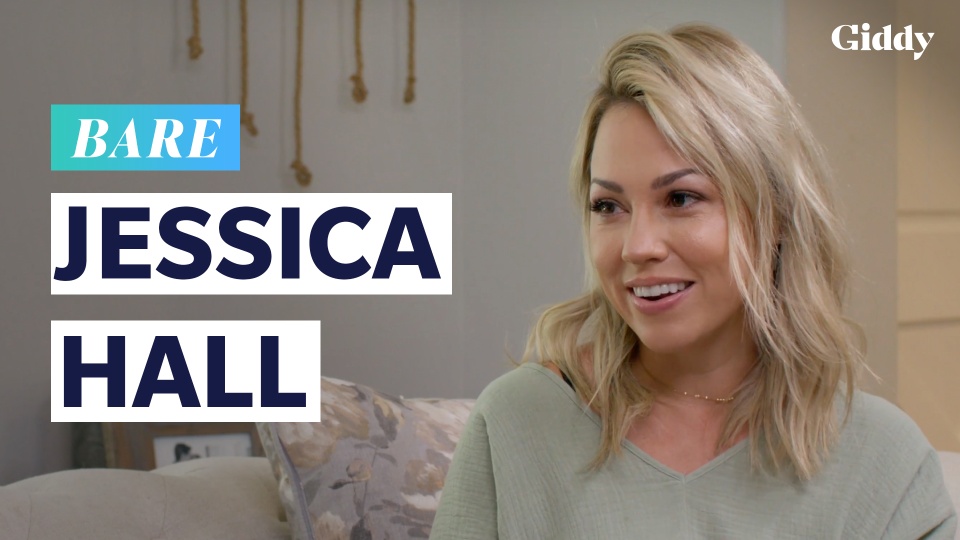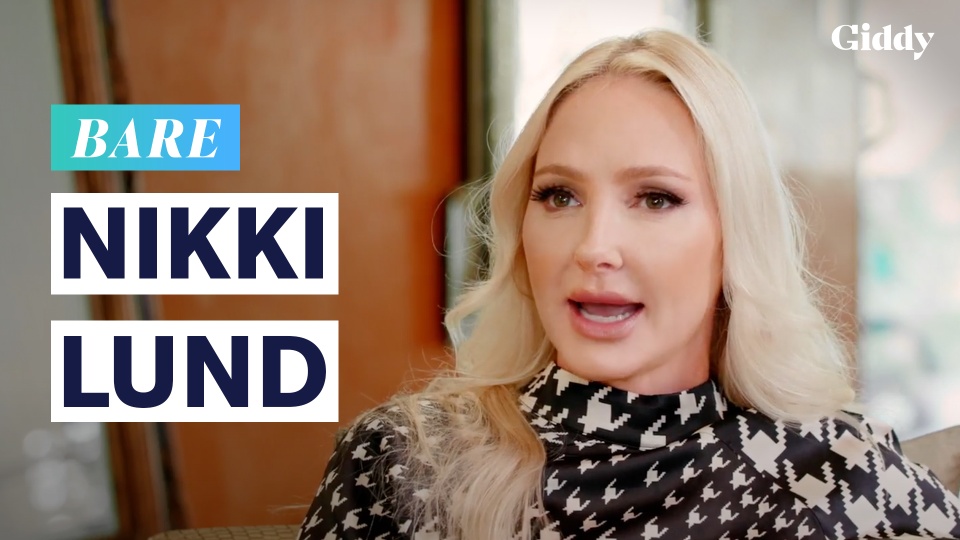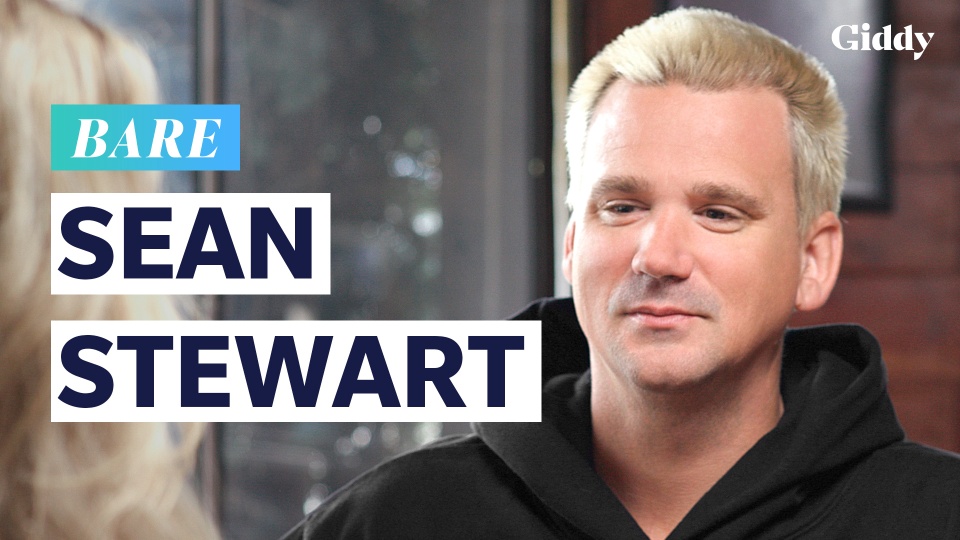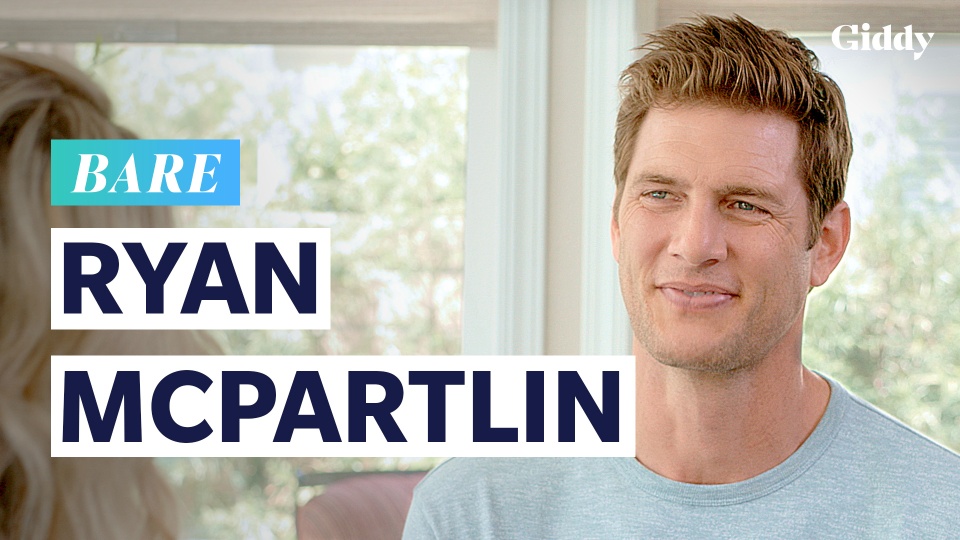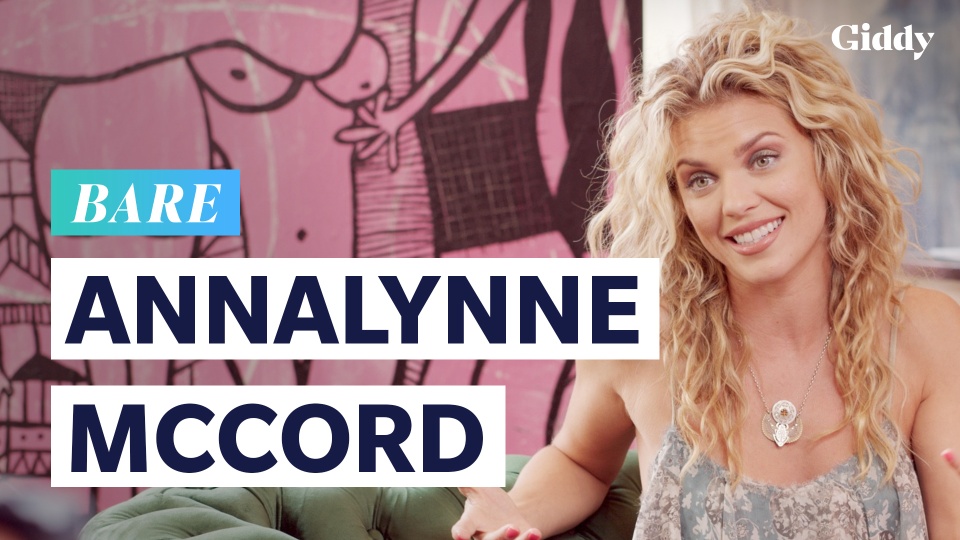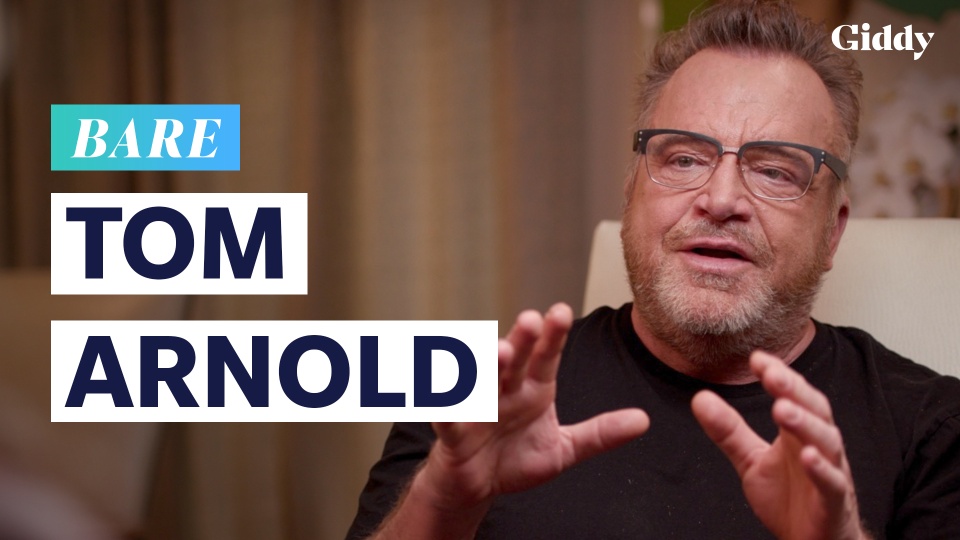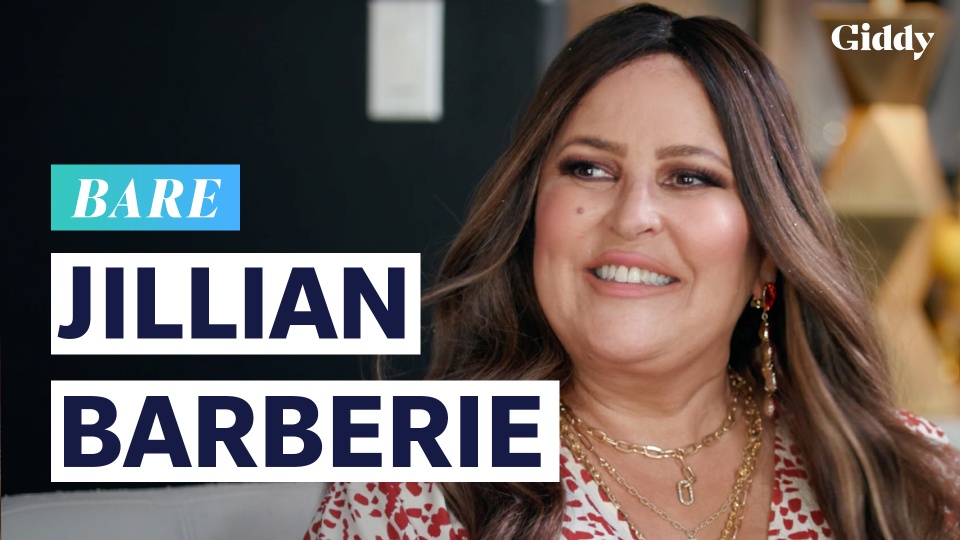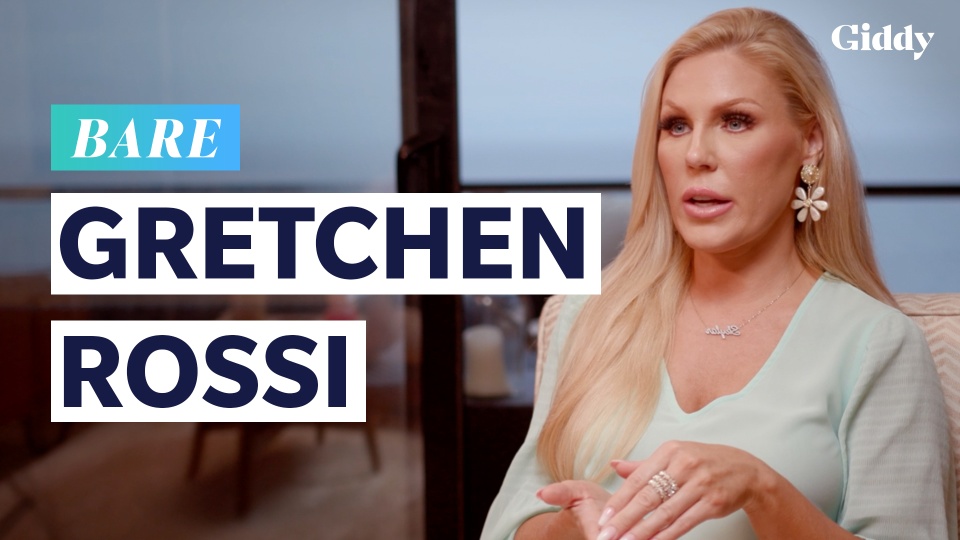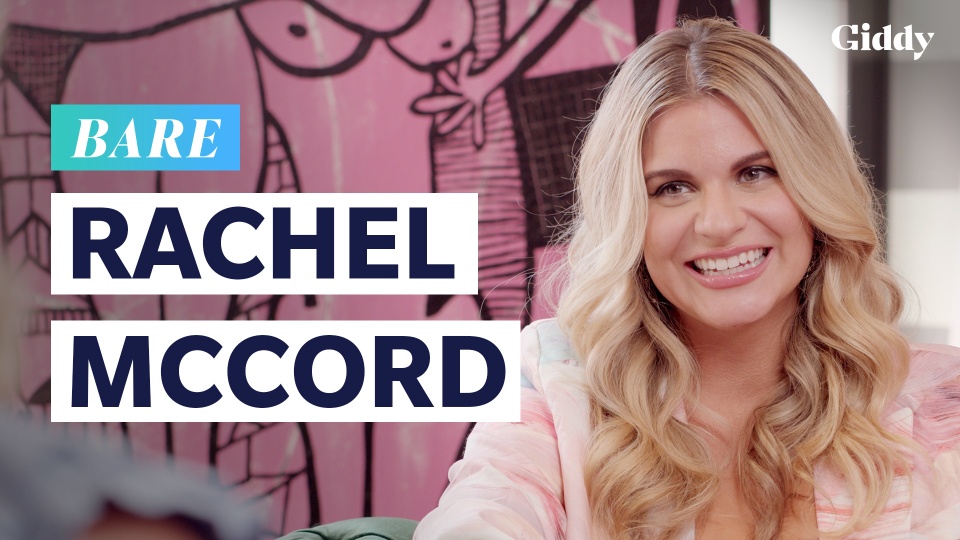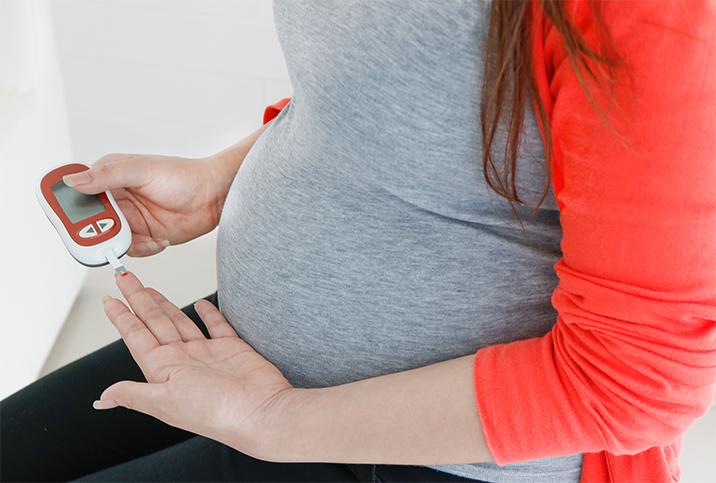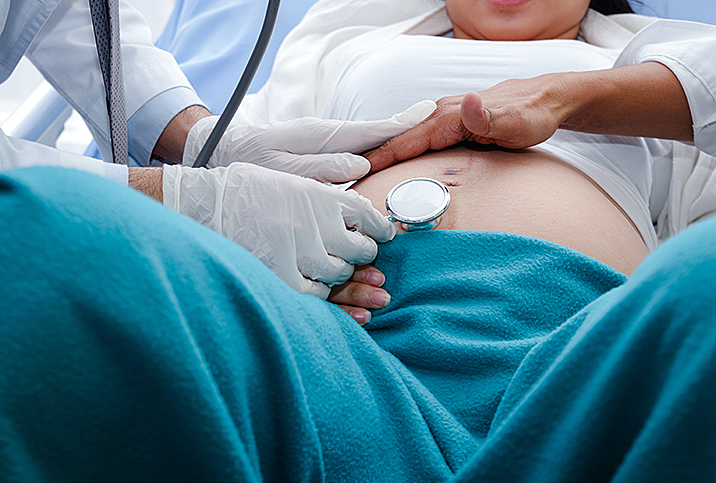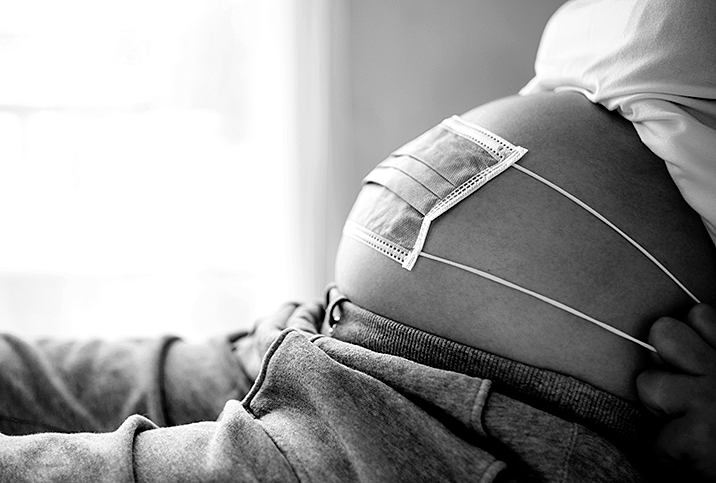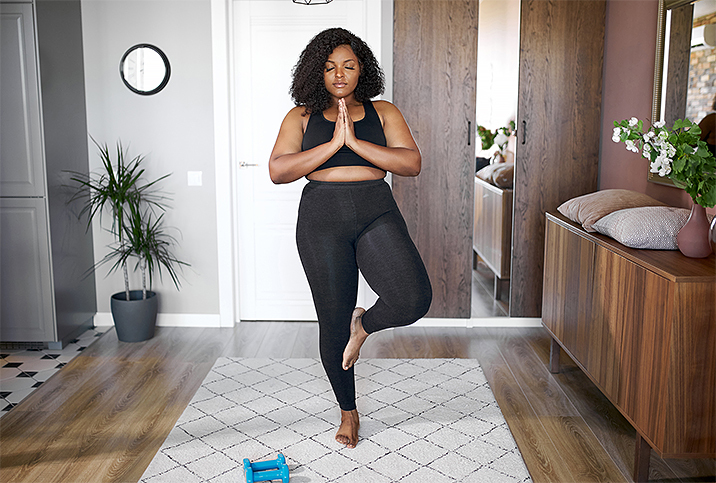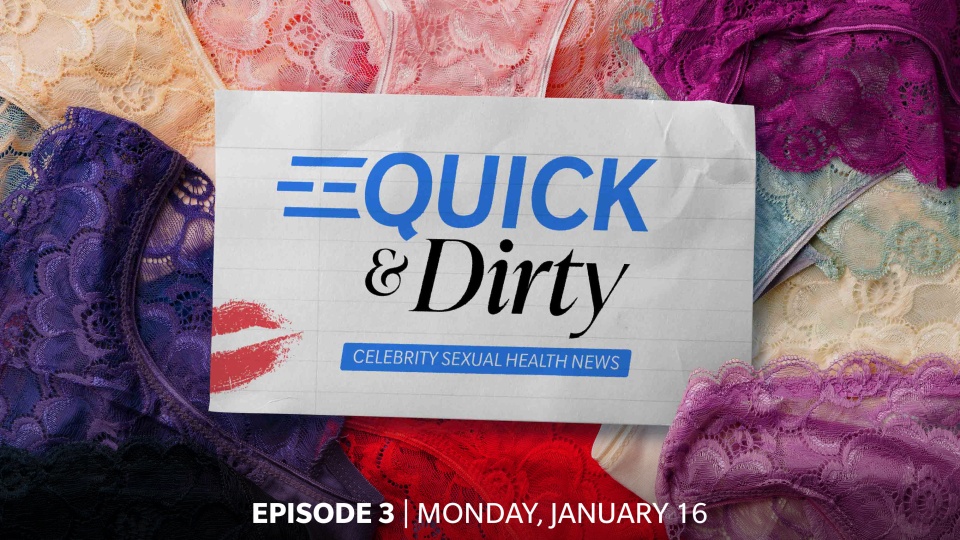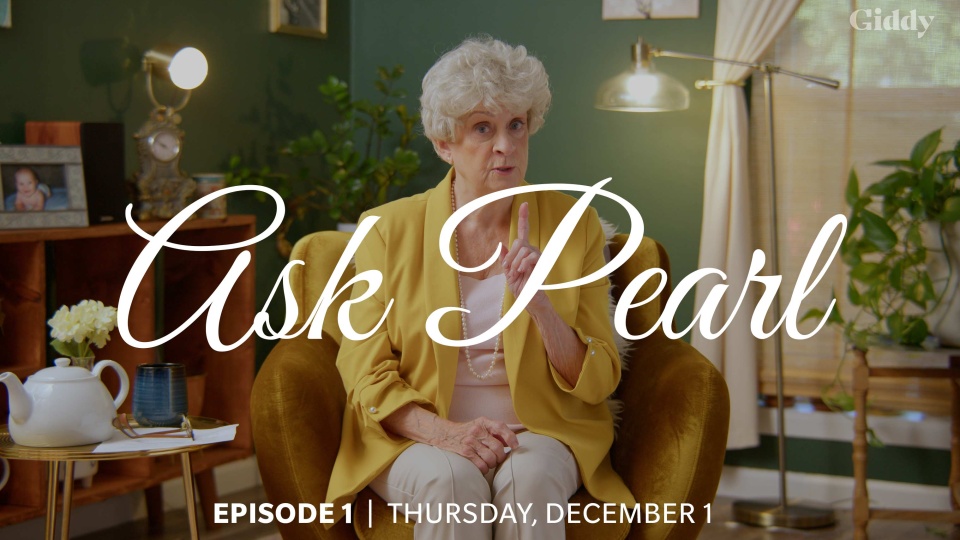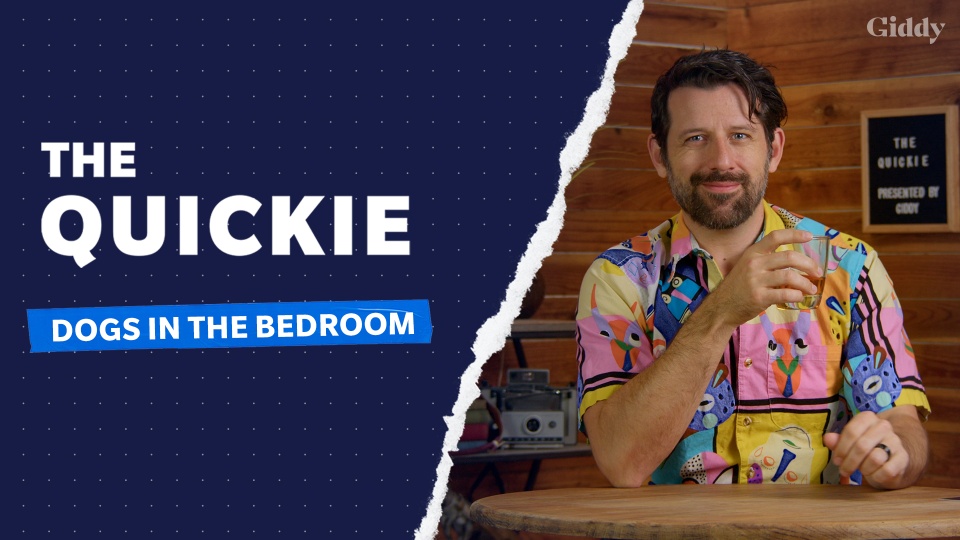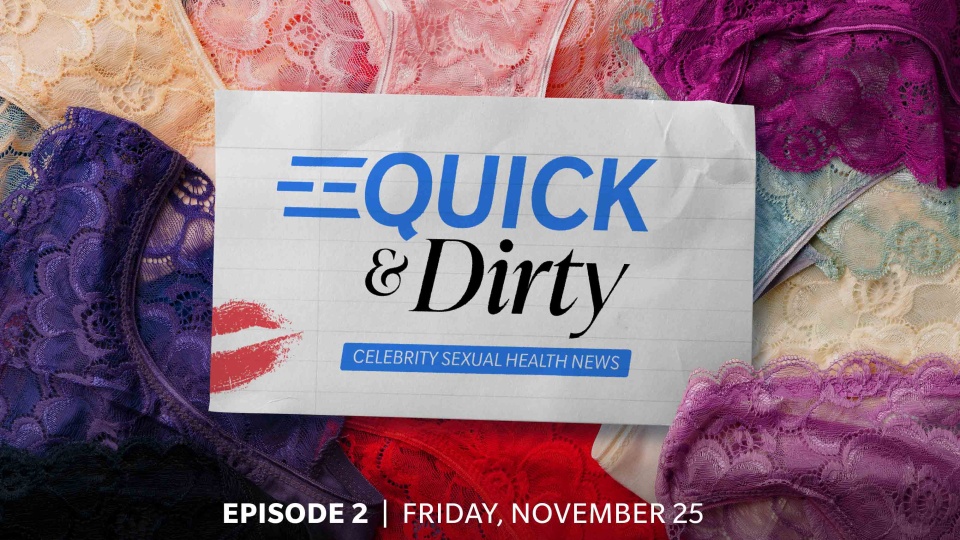Rachel McCord on pandemic pregnancy and postpartum anxiety
The McCord List creator sat down with Giddy's Marisa Sullivan to discuss the struggles of a high-risk pregnancy during COVID-19, the importance of an advocate during delivery and overcoming mental health challenges. Read about the interview here.
More about this episode
A Conversation with Rachel McCord
New mom and McCord List creator Rachel McCord, 31, sat down with Giddy's Marisa Sullivan in Los Angeles to discuss the struggles of a high-risk pregnancy during a pandemic and the importance of having an advocate in the delivery room.
As with any new mother, experiencing pregnancy in the midst of the COVID-19 outbreak in 2020 was incredibly stressful. But McCord had more than just a pandemic on her plate, she had a high-risk pregnancy. She was diagnosed with hyperemesis gravidarum, an extreme type of nausea and vomiting during pregnancy. McCord also had to give herself insulin shots nearly every hour to manage her gestational diabetes. At one point, she had to use a wheelchair after her pelvis separated.
When it came time to deliver her son, Jude, now 15 months old, McCord faced COVID-19 restrictions that were put in place by some hospitals to limit the number of people in the delivery room. Despite this obstacle, McCord went to great lengths to ensure her husband, Rick Schirmer, could be there with her during labor and delivery. She advocates for other women to also be allowed at least one person in their delivery room, even during the pandemic.
Transcript
You just had a little boy!
We're obsessed with him. It's really crazy because in the middle of lockdown a little bundle of joy came out.
Take me back. Everyone had their own fear, and as a pregnant woman, tell me about that.
It was really scary. I think the first time I realized I was having a huge perspective shift was when I started feeling guilty for the world I was bringing Jude in. Because the world that I got pregnant in was not the world that I was going to give birth in, and that was really weird. Suddenly, I was feeling all this fear about where I was and where he was going to be. Then, you start thinking about all the things like where was he going to go to thrive, how was school going to be. You think about all the normal things and then suddenly this very abnormal scenario just lands in your lap.
On one side of the coin, we are so blessed and grateful that we didn't get Covid. We were able to get vaccinated. We were able to stay safe as a family. But on the other side, it's kind of like you're not living with Covid but you're living with this panic about what could happen if something happens to someone I love.
Also, I just felt terribly alone. That was really hard. I didn't imagine my pregnancy would be like that. I thought I would have people. I thought I wouldn't be alone.
It was very hard because I had a high-risk pregnancy. I had diabetes, I was giving insulin shots to myself every hour, almost. I was in a wheelchair at the end of my pregnancy because my pelvis separated. In the beginning, I had hyperemesis. Most people get morning sickness from pregnancy, but this is an extreme case where I was throwing up so much that my throat started bleeding.
I had also suffered from depression a long time ago from a traumatic childhood, and I had a lot of friends in my ear, who are all moms, saying, "You need to be careful about postpartum depression." I did end up dealing with postpartum anxiety, but no one predicted I would deal with depression when I was actually pregnant. I felt so alone that I would lay on my couch and stare at a wall. I was too dizzy to watch television, I couldn't read, I was just stuck in my body.
And you're so active. Now all of a sudden, you're stuck with this other thing stuck inside you.
To be frank, I always felt really hot in my body. I liked the way I looked—I didn't realize I had disordered eating—but I felt very comfortable in my skin. Then, I got pregnant and I stopped feeling comfortable in my skin. I stopped liking my arm and my jawline. I don't think that we talk about it enough to really understand what happens in your mind when you become a mom.
I feel like it's a skyscraper that got a couple of extra levels. My life has been enhanced and I can see the world through fresh eyes. I think, "Oh, Jude would like this," or, "I should take Jude here." Everything is more exciting.
In his first year of life, I really was like, "Let's incubate this tiny guy and just love him up." I honestly never wanted him to cry.
The first time he scratched himself because his nail was too long, I just had a whole meltdown. I'm sure some of it was postpartum anxiety, like, "Oh my gosh this perfect being comes into the world and you have the gift to guide him to be the best man he can be." It's my job to get out of the way for him being the best self he can possibly be.
How have you been getting through your postpartum anxiety?
I would say the stakes are definitely way higher in my life now, making sure that my little is okay.
I started dealing with postpartum anxiety.
How soon after giving birth did you start experiencing postpartum anxiety? Immediately?
The first three months, no one met my baby, no one held my baby, anything—except for Rick. It was just us in quarantine.
He was able to be there at the birth, right?
He was. We went to St. John's in Santa Monica, and it was incredible. I can't even say enough about my doctor and my team there.
I can't even imagine going through that all alone.
I was actually pretty angry. I spoke up when there was a big petition going on about the birthing fathers not being there as birthing partners for their wives or partners. I was just livid. I could not believe that this had happened. That there were people who were not allowing the partners, because that's their child as well.
You don't know this when you don't do the research, but there are a lot of mothers who lose their lives during childbirth. It is a very scary statistic if you really research it. Part of mothers being able to push through and eliminate medical intervention is that they actually have a partner with them. They have someone with them who says, "I'm here for you. I'm in it with you." It's a big difference.
Support is so crucial. So, I was determined to make sure that he was able to be in the room with me, and I hoped I could make a difference for other mothers out there to have a partner. Even if it's not your significant other, your spouse, you need someone in there with you. There's a lot of gaps between care. People come, they go, they're looking after so many people. The truth is that mothers need someone there consistently.
I have a heart condition and another condition that causes me to faint, and if something happened to me and no one was in that room, no one could advocate for me. So, having an advocate is so important.
I don't know when the postpartum anxiety really began, because everything feels super crazy the first three months postpartum for anyone.
Look, of course, it's challenging becoming a mom. It's challenging anytime you add a job title into what you're doing. But, I think the most important thing that I'm learning as a mom, and it really plays out with my life, is that it's so worth it. Like it's so worth it to fight for yourself, it's so worth it to fight for your child, to fight for your marriage, your business. Especially with post-Covid, so many of my friends had to close their doors, but then the pivoted and found ways to reinvest in themselves, reinvest in their lives.
I think the most beautiful thing is that if some girl can go through so much abuse in a trailer park in Georgia, felt completely lost, had a speech impediment, had everything stacked against her—I can somehow find a way to grind through, fall apart through, until I found peace. It's not even like, "She is successful at this," or "She has that," but it is like, "Do you have peace in your life? Can you wake up and think, 'I am happy with who I am, I am happy with what I can contribute to the world'?"






